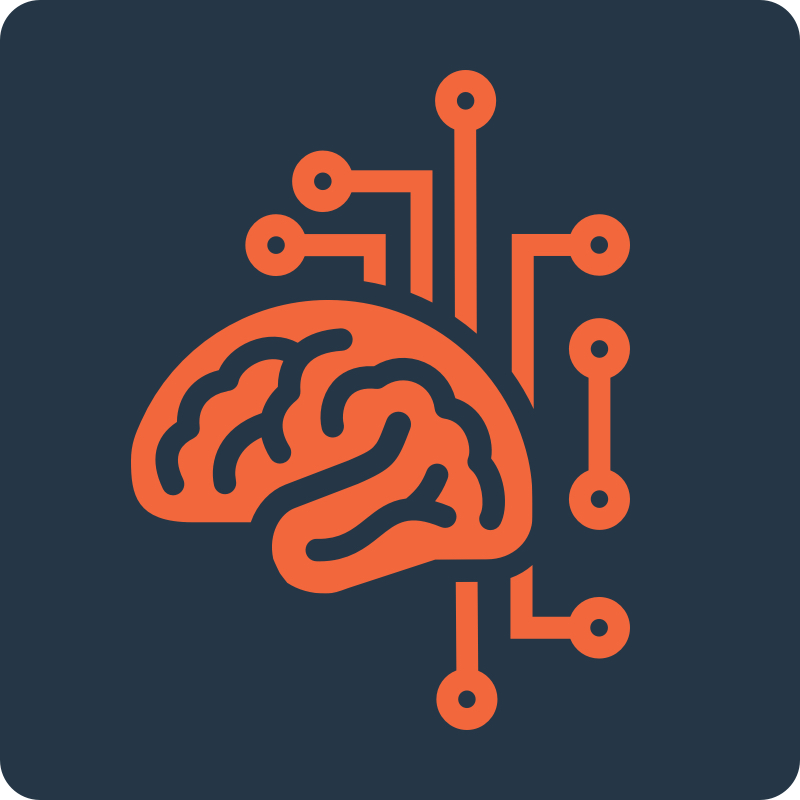Cross-disciplinary and open approaches enhance visibility of crucial advancements in this important field
Artificial Intelligence (AI) is the future of computing technology and an important area of computer science and computer programming. It is already vastly important in our day to day lives, from Google search autosuggestions to speech recognition services such as Siri and Alexa, and the upcoming implementation of self-driving cars. AI is the idea that machines and computer systems can think and problem-solve in a manner like humans, making intelligent decisions instead of being given predetermined outcomes. As we approach this goal of truly AI technology, it will further infiltrate and simplify our lives, and thus is an incredibly important area of research.
Machine learning is a fundamental area of AI, and one of the main areas of focus currently in AI research. Machine learning, or the ability of a machine to learn from the results of previous tasks (again, akin to Google search autosuggestions, learning what people search immediately after misspelling a search term), instead of having set programming functions, allows for more autonomous AI and software that learns and grows in response to its users’ requirements.
This fast growing, forward-thinking area of research requires an open and cross-disciplinary approach across academia, industry and policy. Ensuring data, methods, applications and knowledge are open and available will be necessary in order to keep pace with the rapid developments in machine learning and AI and allow it to remain a fundamental part of future technologies.
The Artificial Intelligence and Machine Learning Gateway provides researchers and policymakers with a dedicated publishing venue to openly disseminate research focused on the development and applications of machine learning and AI.
The Artificial Intelligence and Machine Learning Gateway will cover key areas such as:
-
Applications of AI and machine learning across other disciplines, such as physics, chemistry, healthcare, engineering, and social science
-
Deep learning and neural networks
-
Fundamental developments in artificial intelligence and machine learning, such as AI development, machine learning models and intelligent machines
-
Cybersecurity, including security measures, protecting sensitive information and preventing malicious software
-
Internet of Things and ‘smart’ technology









